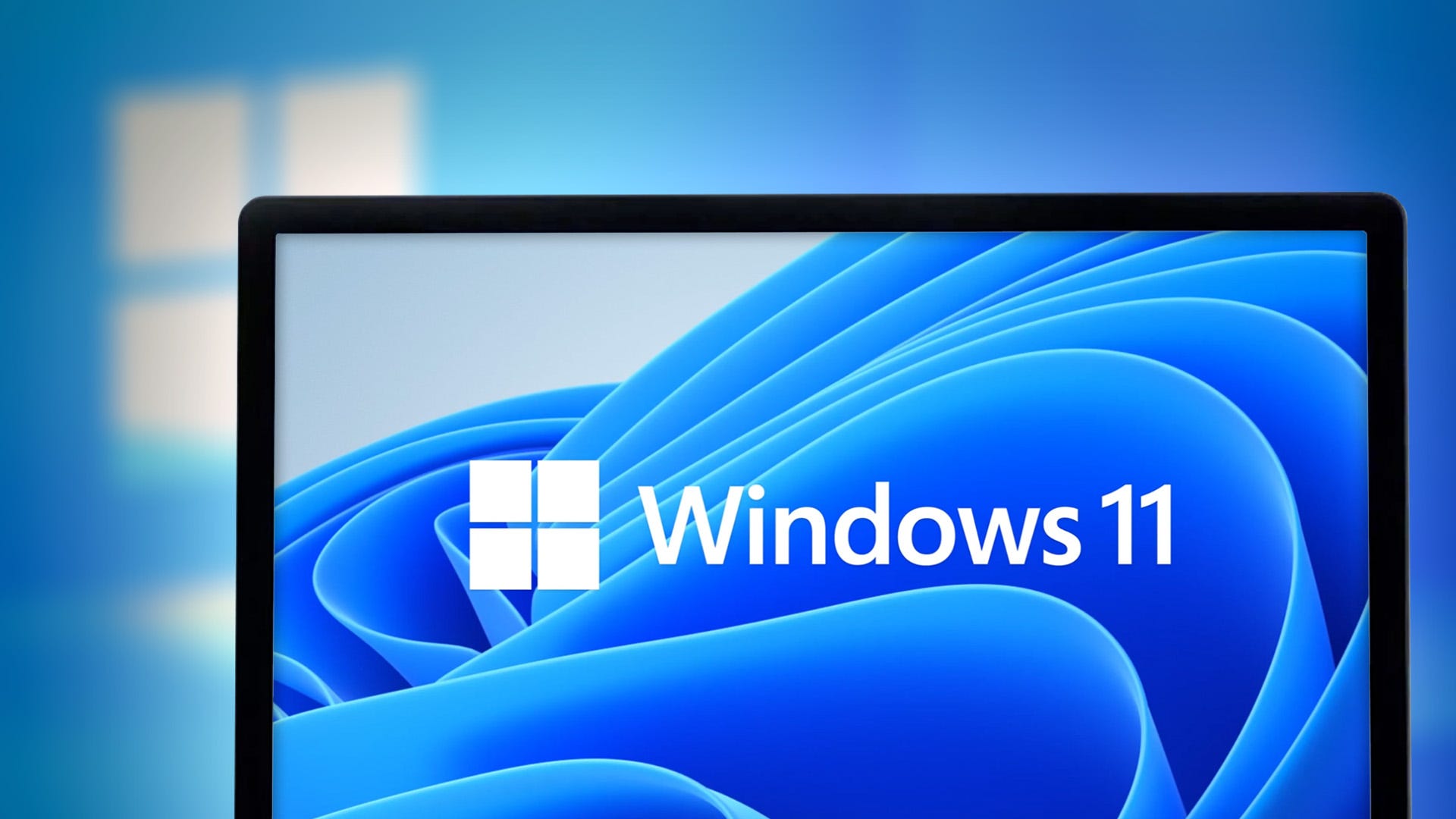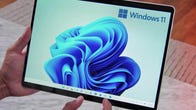Windows 11: Skip the wait to download Microsoft’s new OS with this workaround

Windows 11 will be free to download for Windows 10 users.
Microsoft
Windows 11 has finally arrived. Microsoft’s new operating system started its rollout to eligible devices on Tuesday Oct. 5, and the upgrade is free if you’re already using Windows 10. However, Microsoft is rolling out the OS in phases, which means some people won’t get the prompt to upgrade just yet. An August blog post from Microsoft said the company expects “all eligible devices to be offered the free upgrade to Windows 11 by mid-2022.” But you don’t have to wait: Enter the Windows 11 Installation Assistant. Read on if you want to skip the line.
If you’re not in a rush, however, the Windows 11 update will be pushed to your device at some point in the coming months when Microsoft’s data indicates the upgrade is ready for that device. When the new OS is available to you, the upgrade process will feel similar to a normal Windows 10 update, as long as your device is compatible and meets the minimum requirements needed. (And even if it doesn’t, Microsoft will offer a workaround but it won’t be supported by the company.)
Read more: Windows 11 review: Familiar but fresh
Don’t want to wait until next year? You still have the option to manually download Windows 11 and check out its new features, such as widgets, snap layouts, virtual desktops and the new Microsoft Store. We’ll tell you how below. Before your download, here’s everything you need to know about Microsoft’s new software.
To see if your current Windows 10 PC is eligible for the free upgrade to Windows 11, you can check in a few different ways. And if you buy a new PC, that computer will also be eligible for the free upgrade.
If you haven’t updated to Windows 10 yet, don’t worry — there’s a trick for downloading Windows 10 free that still works. Now would be a good time to make the switch to prepare your machine for the Windows 11 upgrade. That trick will be the same one you use if you want to manually upgrade an older machine to Windows 11, though Microsoft doesn’t encourage doing this as it may not be eligible for the same updates.
Read more: Everything we know about Android apps coming to Windows 11
Windows 11 Installation Assistant: How to download Windows 11 without waiting

Some users can download Windows 11 the same way you’d get any new version of Windows. Just go to Settings > Update & Security > Windows Update and click Check for Updates. If available, you’ll see Feature update to Windows 11. Click Download and install.
However, note that the Windows 11 rollout will be slow — it could take months before it’s available on your device. New PCs will get the upgrade first, and all compatible devices are expected to receive it by mid-2022, depending on device age and hardware.
If the upgrade isn’t available to you yet, don’t panic. You still have a few options for upgrading. The best and simplest option will be to download the Windows 11 Installation Assistant. Choose Run after the download to make sure your hardware is compatible. Then Accept and Install to agree to the licensing terms and begin the installation. When the program is finished installing, you’ll be prompted to restart your computer. Your PC might restart several times during the process of finishing the installation, so don’t be alarmed. Just keep your PC on until everything’s done.
If you’re not able to use the Windows 11 Installation Assistant, you have a couple of backup options, but be warned that these are more complicated solutions. We seriously advise that you consider waiting for the update to come to your device. If you’re certain you want to proceed, you can create Windows 11 installation media or an .ISO file. Microsoft’s download Windows 11 page has those steps in greater detail.
What’s in Windows 11
Windows 11 features a streamlined new design, with pastel colors, rounded corners, a new startup sound and overall a more Mac-like look. The Windows Start menu has moved from the bottom left of the screen to the middle, with app icons arranged in the center next to it. You’ll find lots of new desktop tools, like widgets that can give you at-a-glance information, and easier virtual desktop creation. And Android apps will be integrated into Windows and installable from the Microsoft Store — though that feature won’t be available right away. (Check out all of the best Windows 11 features and how to use them.)
The update marks the first major change to Microsoft’s operating system since Windows 10 launched back in 2015. Rumors about a major Windows redesign have been circulating for the past year. At the Microsoft Build developers conference on May 25, CEO Satya Nadella said Microsoft was planning “one of the most significant updates of Windows of the past decade,” confirming that a major change was on the horizon for the 1.3 billion users of the OS in 2021. And in mid-June, Microsoft quietly announced that it would end support for Windows 10 in 2025 as leaked images of Windows 11 spread.
For more, check out everything we wanted to see in Windows 11 but didn’t, and all of the big differences between Windows 10 and Windows 11.



-3.png?width=698&height=393&name=blog%20image%20Salima%20(1)-3.png)